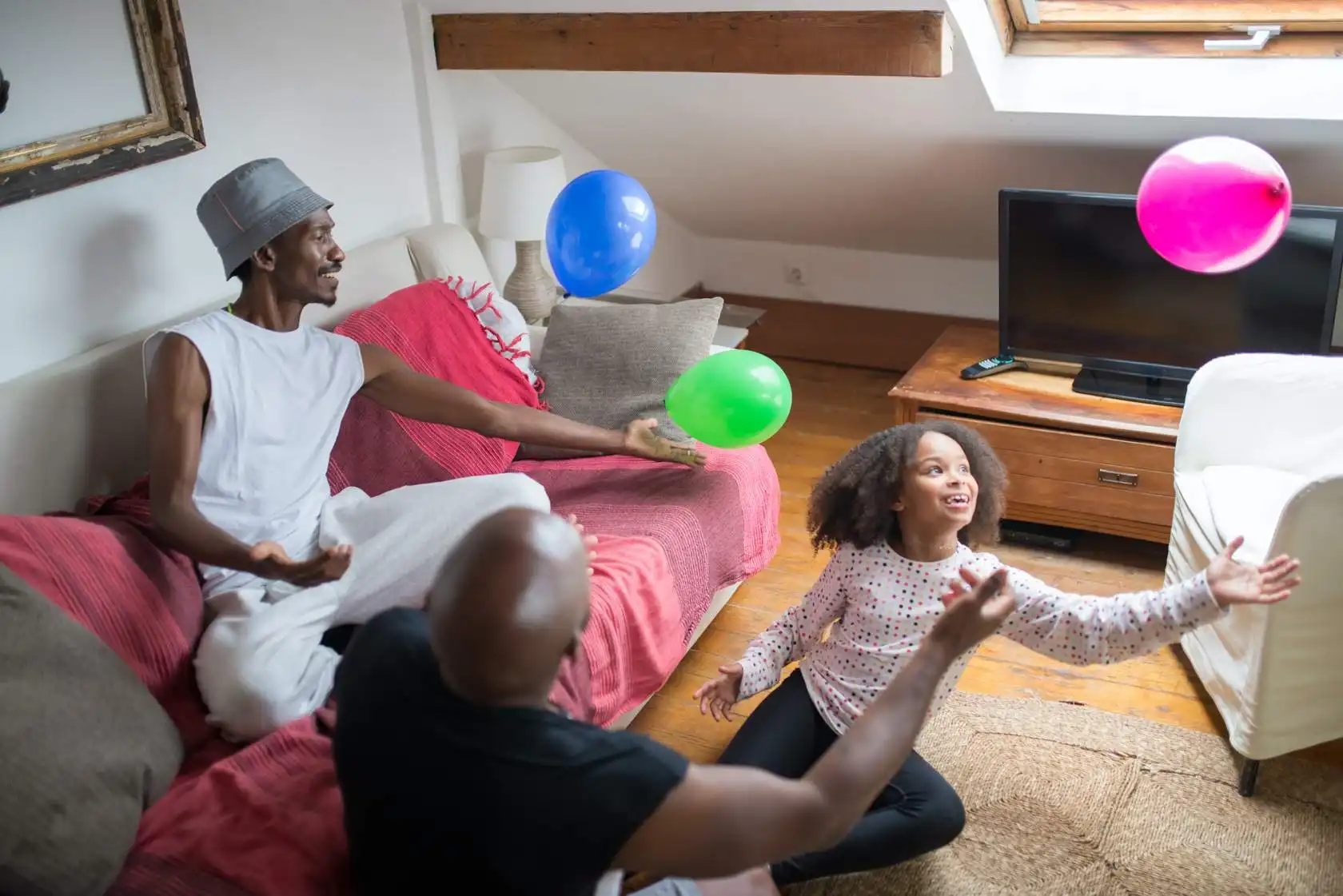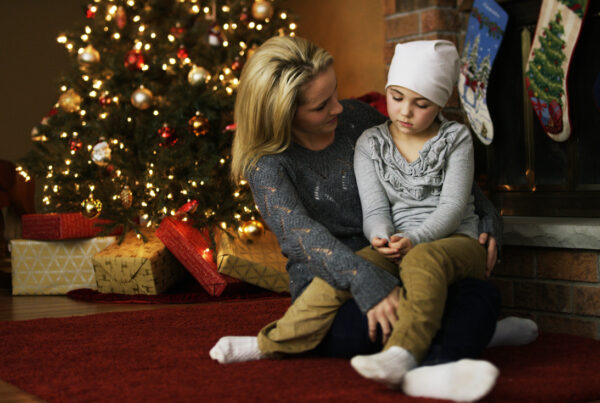
Caregivers create the spaces in which we grow, learn, explore, and love. Whether you are working with children, teens, young adults, or older adults, the caregivers supporting them are vital to their lives and well-being. This is also the case when engaging youth, adults, and families in the clinical realm. Caregivers know the ones they are caring for the best and closest. Thus, the active involvement of caregivers in prevention, intervention, and treatment is often the key to client success.
Engaging Caregivers when Youth Display Problematic Behaviors
In the second course of our Problematic Sexual Behavior in Children and Youth: Clinical Assessment and Treatment Overview course series, we explore the importance of the caregiver as a loving adult in children’s lives. But guardians are so much more as well. They also fill in the role of informant, historian, and source of positive support in youth’s lives. This is why their involvement is critical in developing a comprehensive picture of the youth’s and family’s functioning.
When engaging caregivers during cases of disruptive behavior, such as problematic sexual behavior, some fundamental things to keep in mind include:
- Provide clear, transparent communication with the caregiver. Do not assume they know who you are, your role, or what the expected outcomes are from their time with you.
- Focus on a strengths-based framing of the situation. Though they are in your office for the exhibited problematic situation, work with the caregiver to identify the strengths and protective factors the youth already have in their life.
- The caregiver and guardians are also processing the youth’s problematic behavior. Let them know that it is okay to be feeling overwhelmed and that you are there to help them and their youth find and plan for successful treatment.
Remember, the caregiver of the youth or child you are working with is the expert on that child, their behaviors, strengths, and needs. For in-depth strategies and details on engaging caregivers in youth treatment, complete our Caregiver Engagement in Assessment and Treatment course. Continuing education credits are available for all the courses in the series.
November is National Family Caregivers Month
Read more on the importance of celebrating the caregivers you work with this National Family Caregivers Month in this blog post on Honoring our Nations Family Caregivers: Tips for Providers.
OneOp will also hold a live webinar on November 30, 2022, at 11 AM ET around The Caregiver Conflict: Tips for Providers Working with Families. This session will explore how an individual’s identity as a parent, spouse, and sibling can often differ from the expectations and responsibilities of being a caregiver. We hope you join us as we discuss how to best support the caregivers in your world!
Cover Image: Photo by Kampus Production from Pexels; pictured: fathers sitting in the living room with their daughter playing with balloons












